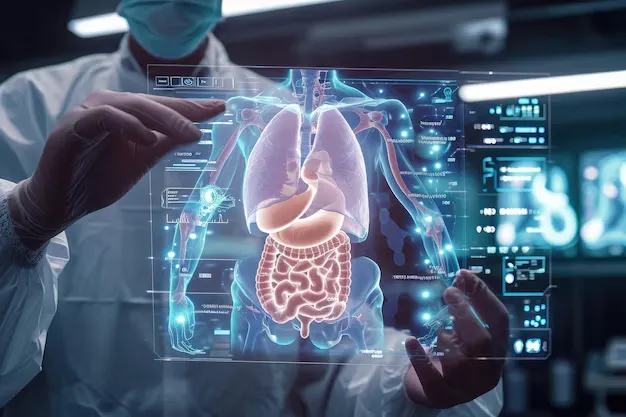
I want to sincerely apologize for the lack of consistency in our medical trivia posts over the past week. Work commitments have been overwhelming, and things have been a bit chaotic. Thank you for your patience and understanding!
To make it up to you, here are this week’s medical trivia questions plus 3 extra questions and their answers, along with detailed explanations.
1. Rachel recently had a minor surgical procedure on her arm. Two days later, she notices increasing redness and warmth spreading around the wound. What should she do?
A) This is normal; it will resolve on its own.
B) Visit a doctor or hospital to check for infection.
C) Apply ointment to the wound to speed healing.
D) Ignore it and keep the wound dry.
Answer:
B) Visit a doctor or hospital to check for infection.
Why? Spreading redness and warmth around a surgical wound are signs of a possible infection. Prompt medical evaluation is needed to prevent complications. Antibiotics or further intervention may be required
Why not the others?
A) It is not normal for redness to spread; this can indicate infection.
C) Applying ointment may not treat the underlying infection and could delay proper care.
D) Ignoring the symptoms can allow the infection to worsen.
2. Lena wakes up every morning with stiff, aching fingers that take over an hour to loosen up. She also feels very tired most days, even with little activity. What type of arthritis does this most likely indicate?
A) Osteoarthritis
B) Gout
C) Rheumatoid arthritis
D) Muscle sprain
Answer:
C) Rheumatoid arthritis
Why? Morning stiffness in the fingers lasting over an hour, combined with fatigue, is characteristic of rheumatoid arthritis, an autoimmune disease that causes joint inflammation.
Why not the others?
A) Osteoarthritis usually causes stiffness that improves within 30 minutes.
B) Gout typically affects one joint at a time and is very painful, not usually associated with prolonged morning stiffness.
D) Muscle sprain does not cause chronic, symmetrical finger stiffness.
3. John had a surgical wound that is now oozing yellow pus and has a foul smell. He also has a fever. What is the most appropriate next step?
A) Cover the wound and wait for it to heal
B) Seek immediate medical attention
C) Wash the wound with soap and water only
D) Take over-the-counter painkillers and rest
Answer:
B) Seek immediate medical attention
Why? Yellow pus, foul smell, and fever are classic signs of a serious wound infection that needs urgent medical evaluation and likely antibiotics, possibly even surgical intervention.
Why not the others?
A) Waiting can allow the infection to worsen and spread.
C) Washing alone will not treat an established infection.
D) Painkillers may mask symptoms but do not address the infection
4. Maria notices that her surgical wound is slightly red but not painful, swollen, or hot. She feels well otherwise. What should she do?
A) Panic and go to the emergency room
B) Monitor the wound for changes and keep it clean
C) Ignore it completely
D) Apply antibiotics without consulting a doctor
Answer:
B) Monitor the wound for changes and keep it clean
Why? Mild redness without other signs of infection can be normal post-surgery. Monitoring for changes and maintaining proper hygiene is appropriate.
Why not the others?
A) There is no need to panic if there are no concerning symptoms.
C) Ignoring the wound could miss early signs of infection.
D) Unnecessary use of antibiotics can lead to resistance and is not recommended without a doctor's advice.
5. David is recovering from surgery and wants to prevent wound infection. Which of the following is the best advice?
A) Touch the wound frequently to check healing
B) Wash hands before and after caring for the wound
C) Remove the dressing daily to let the wound air out
D) Use any leftover antibiotics from previous illnesses
Answer:
B) Wash hands before and after caring for the wound
Why? Proper hand hygiene is the most effective way to prevent surgical wound infection.
Why not the others?
A) Touching the wound increases infection risk.
C) Dressings should be changed as advised by a healthcare professional, not removed daily without guidance.
D) Using leftover antibiotics is unsafe and can contribute to antibiotic resistance.
Thank you for your continued participation and enthusiasm. Stay tuned for more trivia soon—and thanks again for your patience during this busy period!
thumbnail is AI generated.